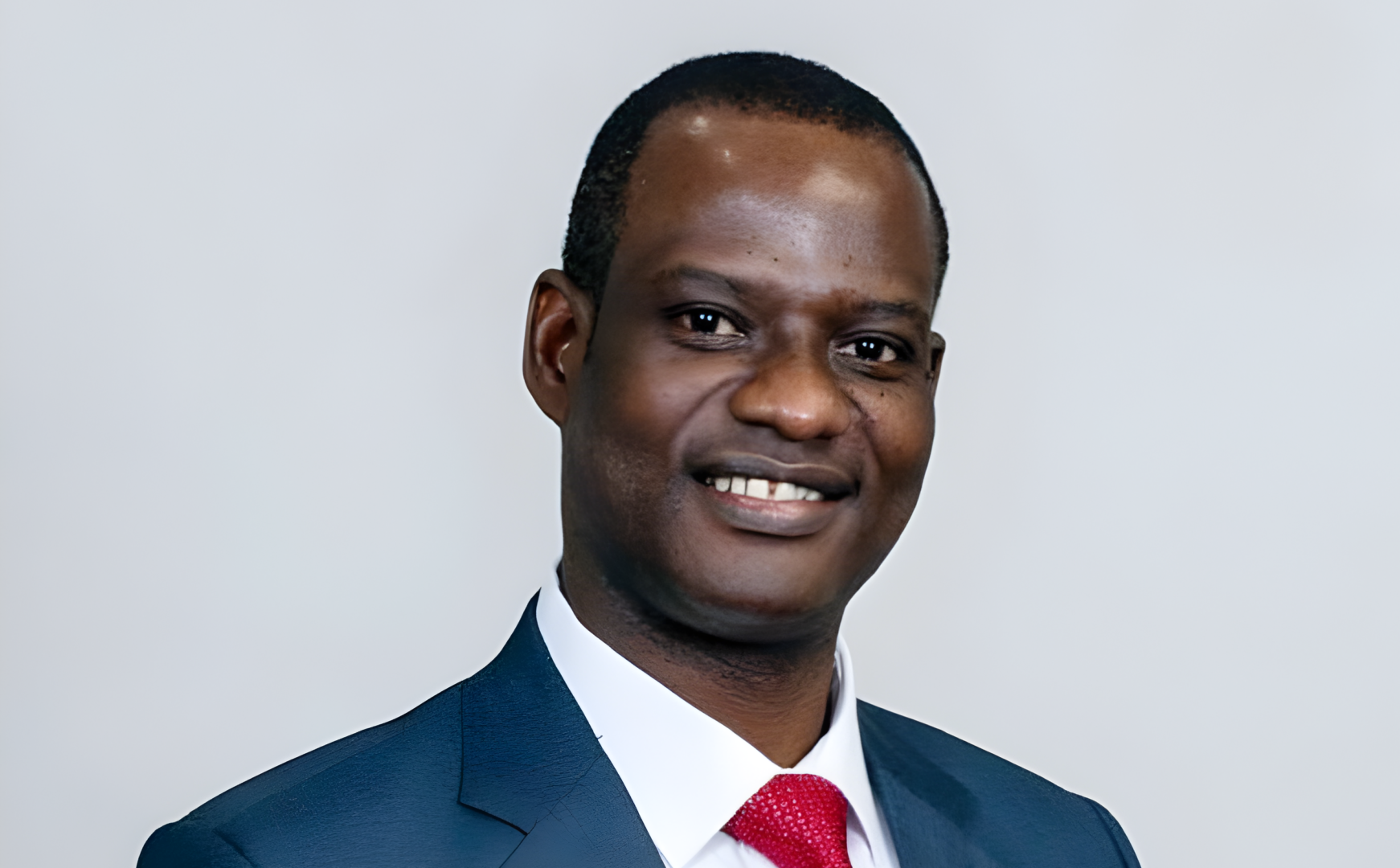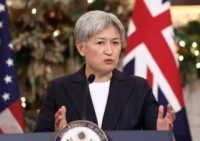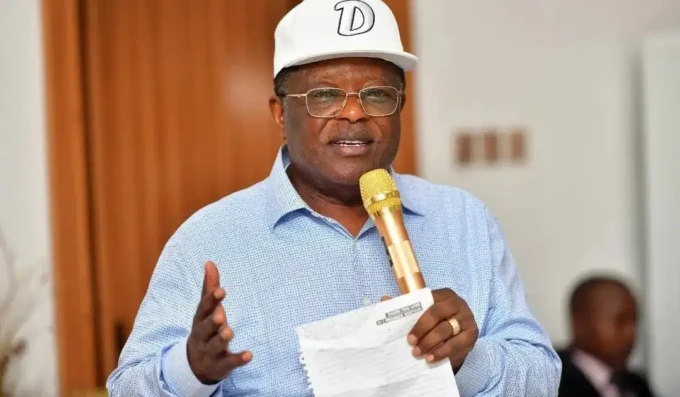Mr. Taiwo Oyedele, Chairman of the Presidential Committee on Fiscal Policy and Tax Reforms, has announced that the tax reform bills currently before the National Assembly are expected to be passed into law in the first quarter of 2025, with implementation to begin in July. Speaking at The Platform event organized by the Covenant Nation in Lagos, Oyedele highlighted the anticipated timeline and the benefits of these reforms for Nigeria’s economy.
He emphasized that these reforms follow a period where Nigeria was operating under a “window-dressed” economy, characterized by money printing to fund expenditures before President Bola Tinubu’s administration took over in May 2023. Oyedele praised the removal of fuel subsidies as one of the best decisions made by Nigeria, arguing that it has brought economic realities into focus, exposing the unsustainable nature of previous fiscal policies.
Oyedele detailed how the previous economic scenario was misleading, with artificially low fuel prices, an undervalued naira, and hidden costs in various sectors like electricity, which were not reflective of true economic conditions. He drew parallels with economic crises in countries like Sri Lanka and Venezuela to illustrate the potential consequences of such fiscal mismanagement.
On the fiscal side, he noted that Nigeria’s approach to debt servicing and borrowing was unsustainable, with the country’s GDP growth rate stagnating over the last decade. The government’s reliance on printing money (Ways and Means) to manage cash flow led to rampant inflation, which Oyedele described as the inevitable outcome of such practices.
Regarding the VAT-sharing formula, Oyedele mentioned that his committee supports the new proposal by the Nigeria Governors’ Forum (NGF), which suggests a distribution of 50% based on equality, 30% on derivation, and 20% on population. He stressed that reforms should consider both technical correctness and political feasibility, advocating for a gradual approach to economic changes.
Oyedele also reassured Nigerians about the future, suggesting that the worst economic conditions are likely behind, encouraging a positive outlook towards Nigeria’s economic recovery under President Tinubu’s reforms. He highlighted that the tax reforms aim to positively impact all sectors, particularly agriculture, manufacturing, and industries, with specific incentives for priority sectors like power generation and innovation.
In conclusion, Oyedele’s remarks at the event were aimed at setting realistic expectations for the implementation of tax reforms and fostering a sense of optimism about Nigeria’s economic direction under the current administration’s policies.












Im not buying it. Tax reform in 2025? Seems too good to be true. Lets wait and watch. #SkepticEmoji
Do you think Oyedeles prediction on tax reform is realistic or too optimistic? Lets discuss! 🤔📈 #TaxTalks #DebateTime
I dont buy it! Tax reform bills passing in Q1 2025? Sounds like wishful thinking to me. Lets wait and see.
I highly doubt Oyedeles prediction on tax reform bills for 2025. Lets see if it plays out! 🤔📆
I highly doubt the tax reform will actually pass in Q1 2025. Politics is so unpredictable, anything could happen!
I highly doubt Oyedeles prediction on tax reform. Lets see if theyre right or just playing with numbers!
I doubt Oyedeles prediction on tax reform bills passing in Q1 2025. Lets see if reality surprises us! 🤔
Im not convinced about Oyedeles prediction. Tax reform is always a tricky game with unexpected twists. Lets wait and see!
I dont buy it. Tax reform? In this economy? Sounds too good to be true. Lets wait and see.